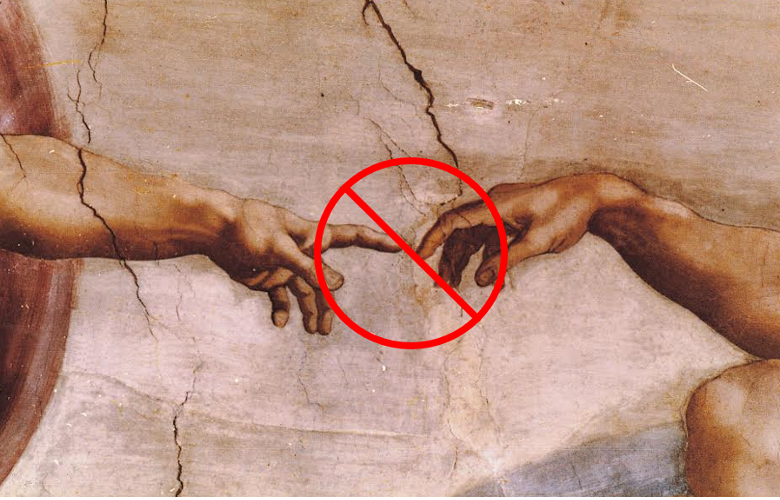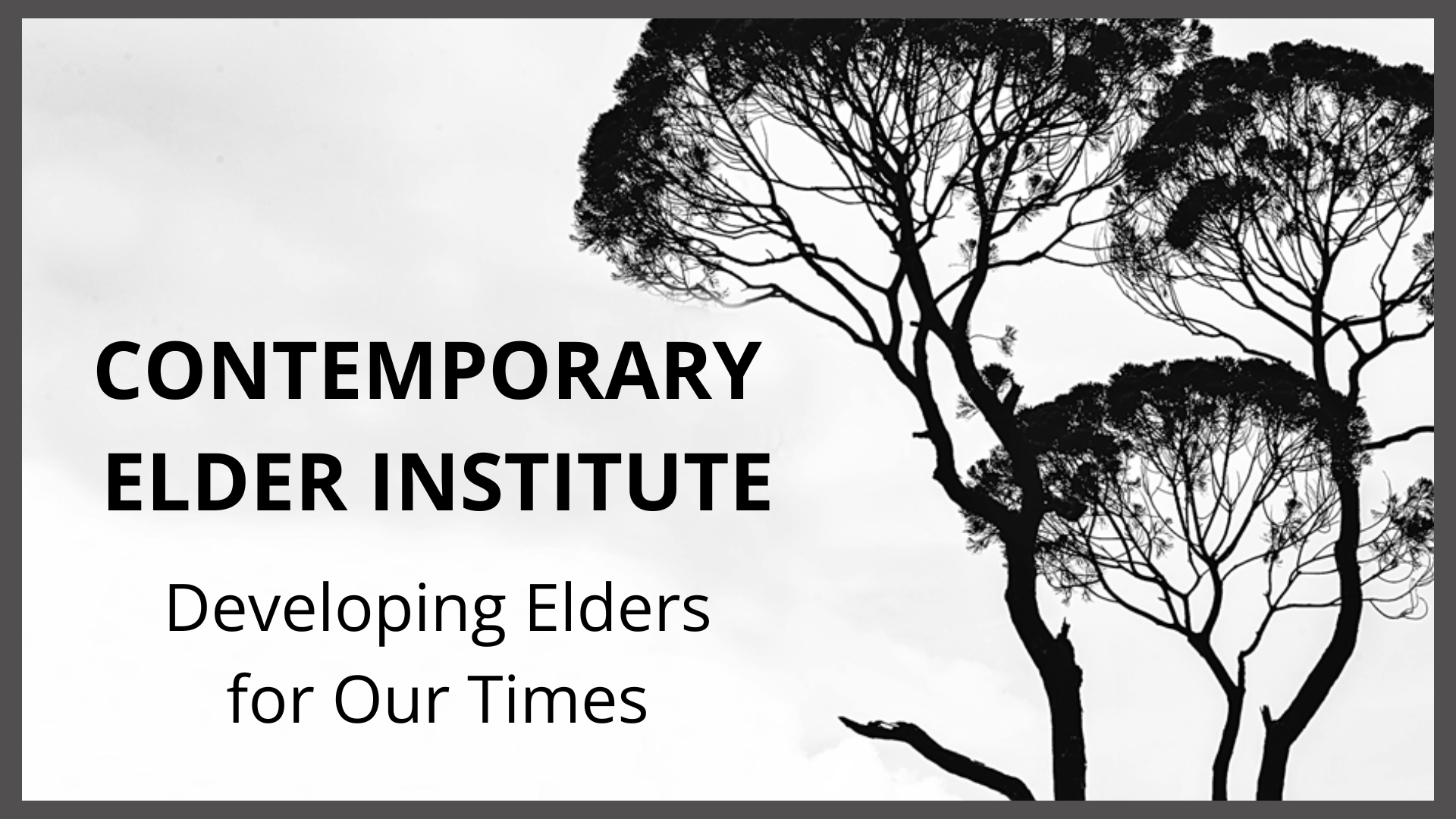“WHAT'S LOVE GOT TO DO WITH IT.” PART I OF II – HATE
“WHAT'S LOVE GOT TO DO WITH IT.”
PART I OF II – HATE

There is an unacknowledged disconnect between who we are about love and what religions, noted Philosophers, poets, and aboriginal elders say about love.
This disconnect might be why, here in 2024, in the good old U.S.A., we live in hate from sea to shining sea. East Coast, Midwest, East Coast, West Coast; white, black, brown or yellow, Red or Blue, each other, the intensity of the hate is now palpable.
When I ask myself, “Do I want to live in hate, the answer is “no,” as I reflect on what living in an ecosystem of hate does to me. When I asked others this question, they had the same response. Then why are we generating more and more hate?
Yes, I understand polarities and dualities. You can’t have an up without a down, an in without an out, or hate without love. Today, the hockey team of Hate is up 3 to 0 in the third period, with less than 6 minutes to go in the game, while Love’s star player is stuck in the penalty box.
With hate, there is more conflict and violence, more division and polarization, more psychological harm, more stifled progress, more halted cohesion, and more deepening prejudice and discrimination. Feelings of hate have gone viral. Feels like we are in a hate pandemic.
But what kind of love are we talking about here to counter hate? Not just what you and I mean by love on an interpersonal level, but love on a level how poets, mystics, philosophers, and spiritual figures mean it.
According to Plato in his Symposium, there are three levels of love.
Eros (Passionate Love): Eros represents love's physical and passionate aspect. It is characterized by desire, attraction, and longing for physical union with another person. Eros is romantic love; the initial stages of a romantic relationship are when intense desire and infatuation exist. We’ve all been there.
Philia (Affectionate Love): Philia is a deeper, more mature form of love characterized by friendship, goodwill, and mutual respect. It is the love between friends, family members, and individuals who share common interests and values. Philia is based on companionship, trust, and shared experiences rather than physical attraction. Some of us get to this stage of love.
According to Plato’s framework, Agape (Unconditional Love) is the most selfless form of love. It is often described as unconditional love or divine love. Agape transcends personal desires and interests and is characterized by selflessness, compassion, and altruism. It involves caring for others without expecting anything in return and extends to all beings, regardless of their relationship to oneself. Our society “ain’t feeling” this love.
It becomes apparent that this unconditional love, this divine love, is precisely what is missing to counter hate.
So first, let’s get straight to what the divine say about this kind of love.
Christ
1. "Love the Lord your God with all your heart and with all your soul and with all your mind." - Matthew 22:37 (NIV)
2. "Love your neighbor as yourself." - Matthew 22:39 (NIV)
3. "A new command I give you: Love one another. As I have loved you, so you must love one another." - John 13:34 (NIV)
4. "Greater love has no one than this: to lay down one’s life for one’s friends." - John 15:13 (NIV)
5. "But love your enemies, do good to them, and lend to them without expecting to get anything back. Then your reward will be great, and you will be children of the Highest because he is kind to the ungrateful and wicked." - Luke 6:35 (NIV)
6. "This is my command: Love each other." - John 15:17 (NIV)
Buddha
1. "Hatred does not cease by hatred, but only by love; this is the eternal rule."
2. "Radiate boundless love towards the entire world."
3. "In the end, only three things matter: how much you loved, how gently you lived, and how gracefully you let go of things not meant for you."
4. "You, yourself, as much as anybody in the universe, deserve your love and affection."
5. "Thousands of candles can be lit from a single candle, and the candle's life will not be shortened. Happiness never decreases by being shared."
6. "In the sky, there is no distinction of east and west; people create distinctions out of their minds and then believe them to be true."
Muhammad
1. Love for Allah (God): Muslims are taught to love Allah with all their hearts, and this love is often described as the highest form of love.
2. Love for Humanity: Mohammad taught Muslims to love and show compassion towards all human beings regardless of race, religion, or social status. This love is expressed through acts of kindness, charity, and empathy.
3. Love in Relationships: Mohammad emphasized the importance of love, respect, and kindness in all relationships, including marriages, families, and friendships. He taught that spouses should love and care for each other, parents should love and nurture their children, and individuals should treat others with love and respect.
4. Love for Creation: Muslims are taught to appreciate and care for the natural world as a manifestation of Allah's love and creativity. Mohammad encouraged his followers to be stewards of the Earth and to show respect and kindness towards animals and the environment.
5. Forgiveness and Mercy: Mohammad taught the importance of forgiveness and mercy in relationships. Muslims are encouraged to forgive those who wrong them and to show mercy towards others, even in difficult situations.
They all exclaim the very same thing. Christ, Buddha, and Muhammad emphasize the centrality of love in one's relationship with God, others, and our various aspects of being human. Divine love is inherently selfless, focused on the well-being and happiness of others rather than personal gain or benefit.
Why can’t divine love exist in our heads, hearts, families, relationships, and culture? Today, divine love is counterculture. What is behind this concrete wall of resistance to unconditional love, divine love?
The answer is the ego. When you examine the ego of Westerners, you understand “why” we have great difficulty with divine love.
“WHAT’S LOVE GOT TO DO WITH IT”

PART II of II - DIVINE LOVE KEEP OUT
When you examine the makeup of the West's ego, the “why” we have difficulty with divine love becomes readily apparent. You need to look under ego’s hood to get to this more profound understanding.
Let’s look.
• The ego tells you who you think you are, who you understand yourself to be. The ego defines all that you are. Divine love has no place in this restricted airspace.
• The ego is a survivalist, built to protect itself. Divine love has a hard time getting through the protective barrier. No permeability.
• The ego is fragile. It takes everything personally and is not open to self-truth. Divine love does not nest where truth is avoided.
• The ego abstains from responsibility by deploying guilt, blame, shame, gossip, and excuses. Divine love doesn’t do well in this dialect.
• The ego always thinks it’s right. Even when the ego thinks it's wrong, it’s right about being wrong. Divine love can’t exist in righteousness.
• The ego stays alive by comparing itself to others. It judges, assesses, evaluates, appraises, and gauges. Divine love can’t be compared.
• The ego is an isolationist. It doesn’t even trust itself. Divine love can’t appear if faith isn’t possible.
• The ego is always self-referential. Pronouns of “I, me, my” are the source of most thoughts. Divine love can’t manifest when the “I” thinks that’s all there is.
• The ego always makes people into objects, making themselves an object. Divine love can’t be understood as an object.
• The ego determines self-esteem, self-importance, and identity. But self-esteem, self-importance, and identity are all relationship-based, not ‘stand-alone.’ Anything that reveals “it ain't so” about the ego is never invited, so divine love never receives an invitation.
• The ego thrives on recognition and validation. Relationships that increase acceptance and recognition become key. Love therefore is totally conditional. Divine love is unconditional.
• The ego resists personal discovery, honest self-inquiry, and deeper self-understanding. The ego doesn’t want to be found out. Divine love wants you to tell yourself the brutal truths.
So, what chance does divine love have when the ego writes, directs, and produces the entire show?
AS CONTEMPORARY ELDERS, WHAT WE ARE DOING ABOUT HATE
Elders have egos, and they never go away. But elders realize they also have hands, feet, and legs. For elders, egos become what we have, not who we are. The ego becomes an appendage rather than the whole. The ego moves from master to body part.
Now, there’s some room for divine love to occur, which it does. Divine love is inside, waiting to get out, but the ego takes up all the room.
Elders accept themselves with less stickiness of self-judgment and self-criticism. This allows a neutral view of strengths and weaknesses. These things don’t need to change; they need to be as they are because they aren’t going to change. Divine love is unconditional, so you can stop trying to be perfect.
Most see the divine spirit as some entity, form, or object that their conceptual mind can understand. But when you can get past the barriers of the egoic mind, the rational mind, and the intellect, you’ll see divine love between the forms, not just the form itself. You get to understand and appreciate the hole “shebang.”
ANNOUNCEMENTS
